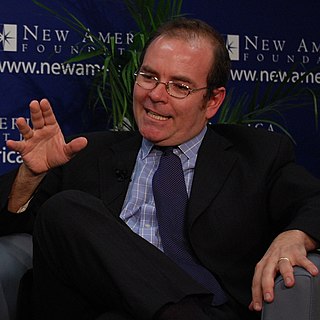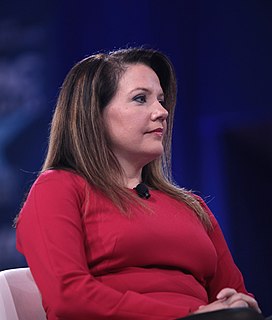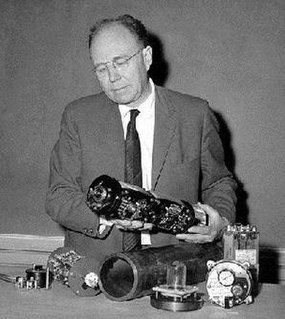A Quote by Antonin Scalia
The purpose of the Federalist Society was to bring together young people who had this skepticism about what they were being taught and to let them know that there were others who shared this skepticism.
Related Quotes
The Federalist Society is this conservative legal organization. And I think, for the Bush administration, being a member of the Federalist Society meant you were - a reliable, ideological, partisan Republican. It wasn't enough just to be registered as a Republican, or to be - have a generally conservative judicial philosophy, or prosecutorial philosophy. It meant that, basically, meant that you were a real movement conservative, a Party regular. That's what being a Federalist Society member means.
I think the appropriate kind of skepticism is this: you've got to be asking questions all the time, you've also got to make sure that you're doing so in the spirit of genuinely wanting to find the answers - and that also means being open. I battle with this: I know I tend to be very skeptical and as a result, I veer towards the dismissive. But being aware of the tendency, I like to challenge my own skepticism and make sure it's not just knee-jerk. You need to be skeptical towards yourself as well. When you're only skeptical outwards you've got an unbalanced skepticism.
I was brought up by a Victorian Grandmother. We were taught to work jolly hard. We were taught to prove yourself; we were taught self reliance; we were taught to live within our income. You were taught that cleanliness is next to Godliness. You were taught self respect. You were taught always to give a hand to your neighbour. You were taught tremendous pride in your country. All of these things are Victorian values. They are also perennial values. You don't hear so much about these things these days, but they were good values and they led to tremendous improvements in the standard of living.

































